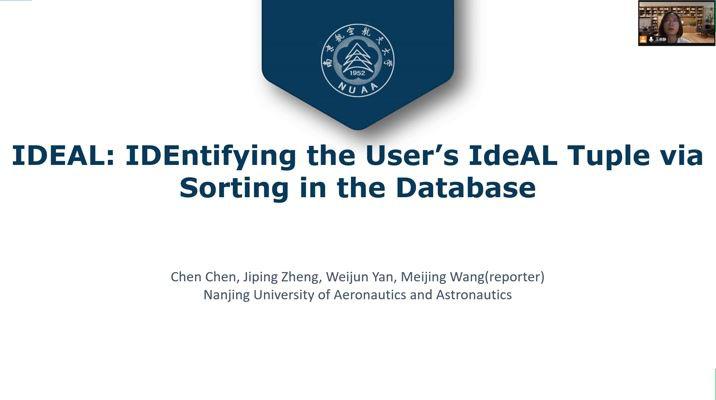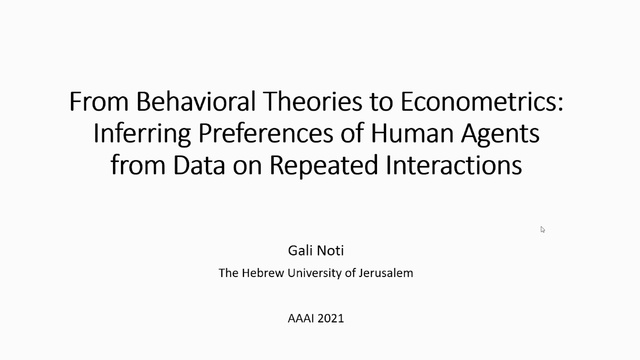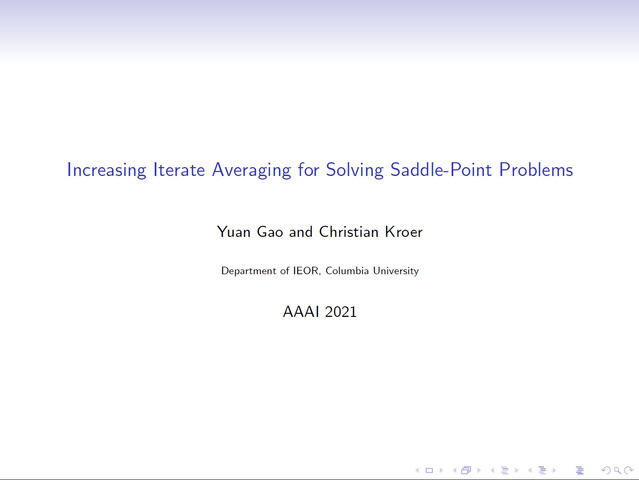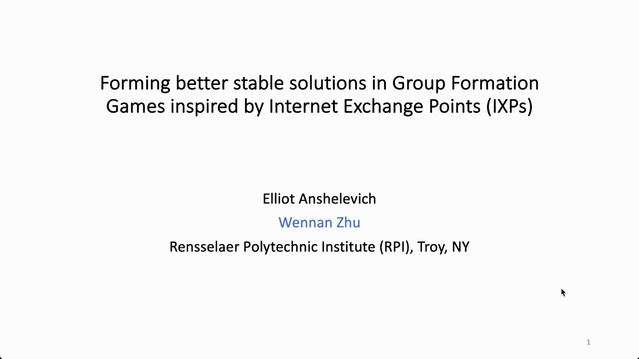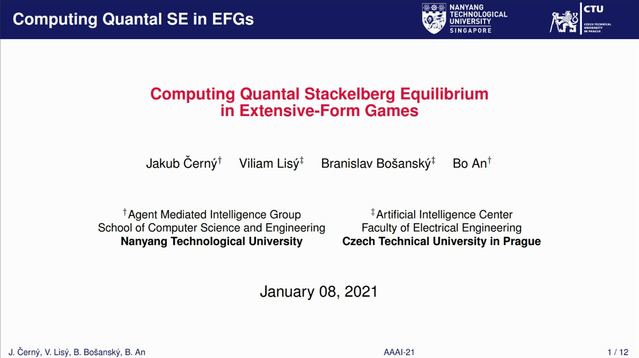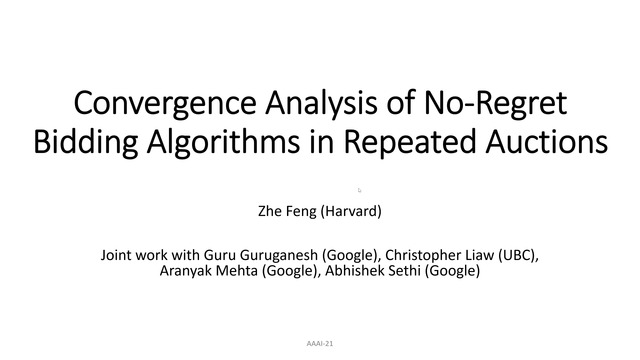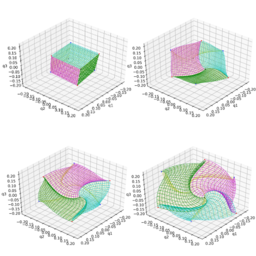Abstract:
Timeout is a short interruption during games used to communicate a change in strategy, to give the players a rest or to stop a negative flow in the game. Whatever the reason, coaches expect an improvement in their team’s performance after a timeout. But how effective are these timeouts in doing so? The simple average of the differences between the scores before and after the timeouts has been used as evidence that there is an effect and that it is substantial. We claim that these statistical averages are not proper evidence and a more sound approach is needed. We applied a formal causal framework using a large dataset of official NBA play-by-play tables and drew our assumptions about the data generation process in a causal graph. Using different matching techniques to estimate the causal effect of timeouts, we concluded that timeouts have no effect on teams’ performances. Actually, since most timeouts are called when the opposing team is scoring more frequently, the moments that follow resemble an improvement in the team’s performance but are just the natural game tendency to return to its average state. This is another example of what statisticians call the regression to the mean phenomenon.




